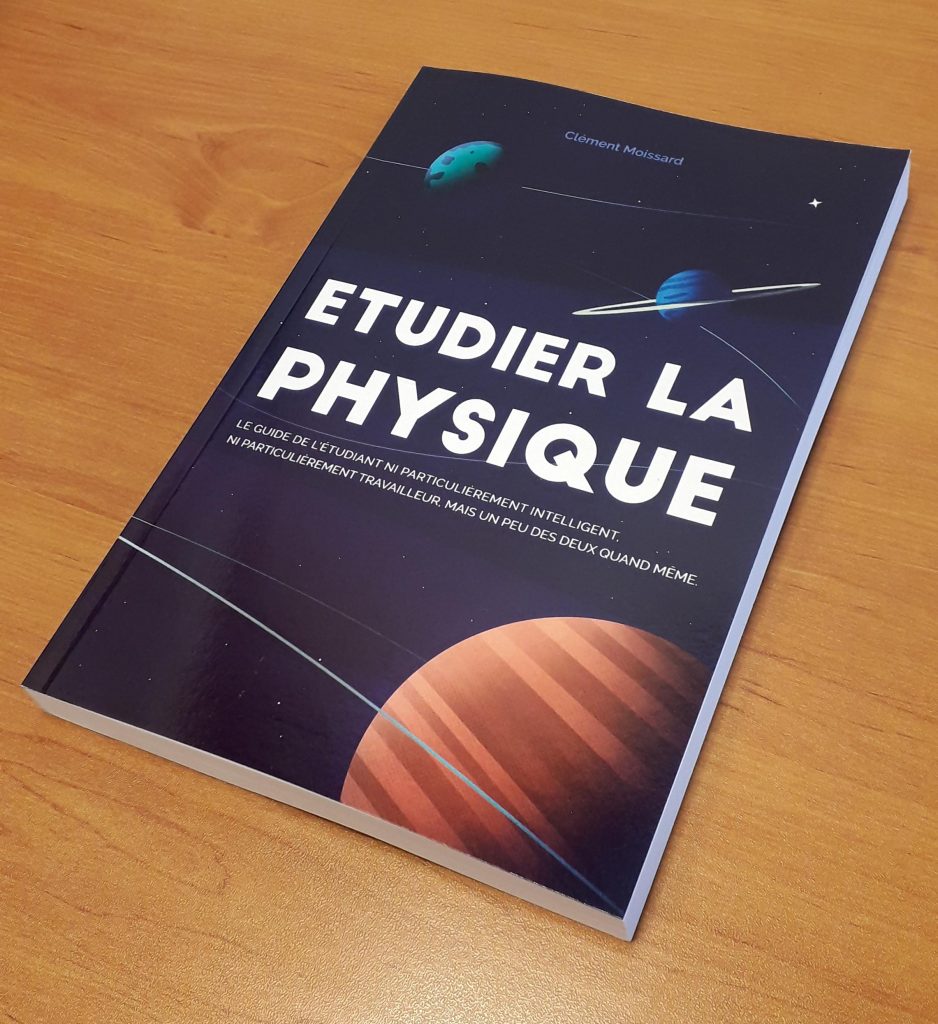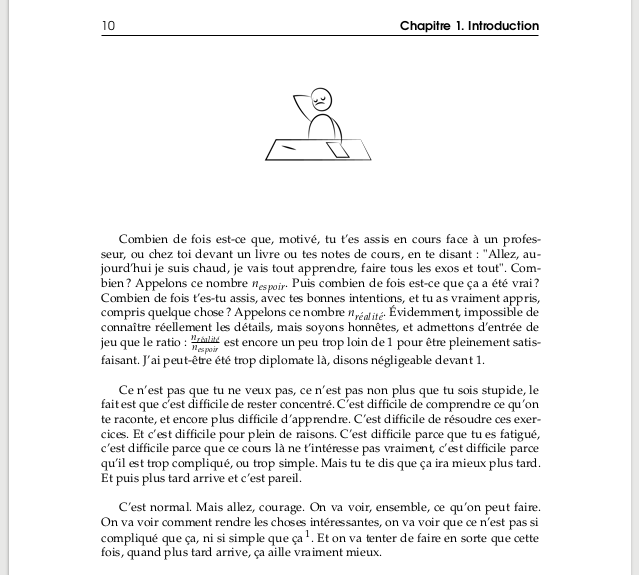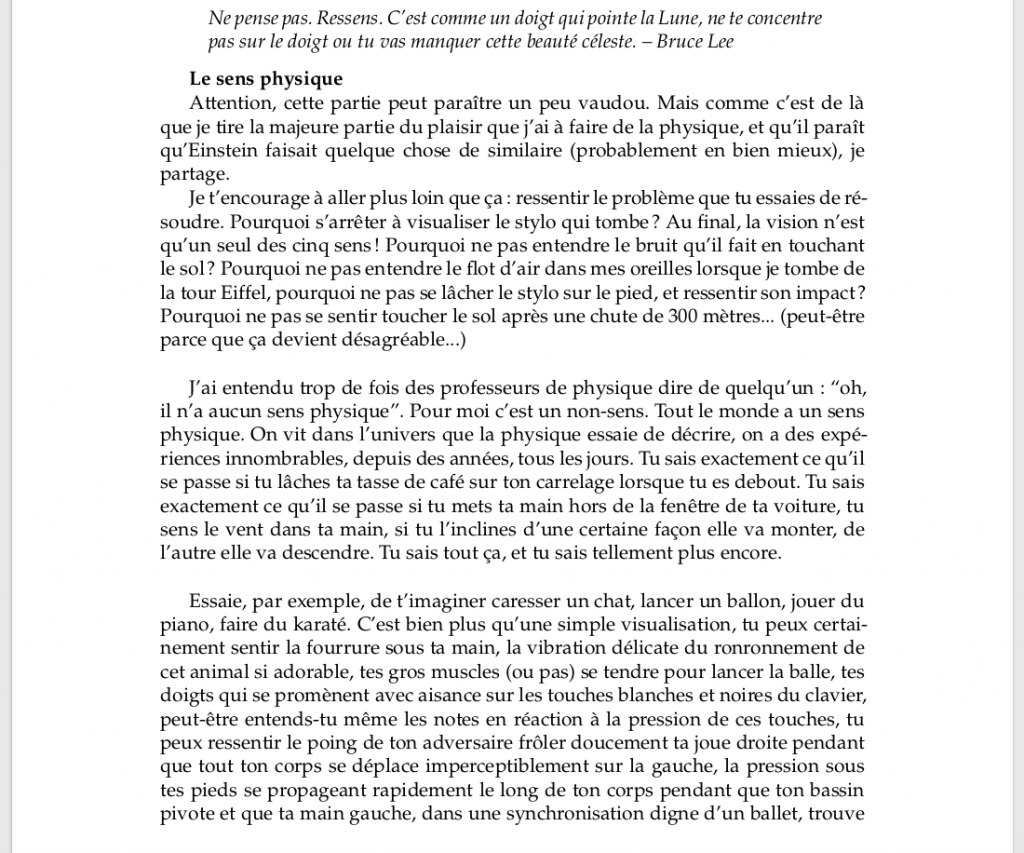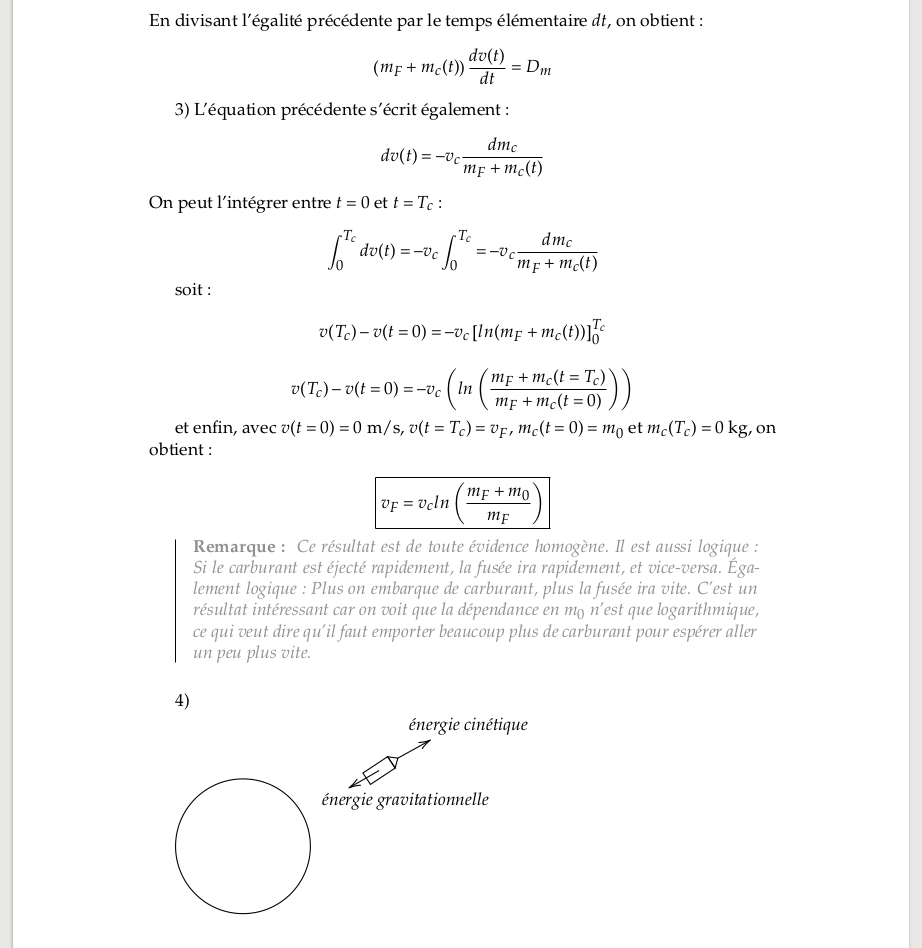Note for English speakers: This book is – for the foreseeable future – only available in French.
Mentions from around the internet:
“How to study physics” is featured twice on the website www.meilleurlivre.com. (Here, and here).
Presented by a handsome bearded man on YouTube.
On the Sorbonne University website.
The book spent several months on the front page of the laboratoire de physics des plasmas.
Reviews on Amazon.com and Goodreads.
Summary:
How to survive your physics degree when you’re just an ordinary person, there because they’re there, who would certainly like to learn but doesn’t particularly want to suffer?
What is it that makes or breaks the success of a physics student in their early years at university? My book “How to study physics” takes a laid-back approach to exploring these questions.
By discussing what goes on (or should go on) in a student’s brain when studying physics, the reader will discover the four necessary steps for effectively and enjoyably solving any physics problem. They will then be guided through a typical teaching cycle: Discovering a new course – Seminars – Revisions – Exams.

Have a look inside:
First, we’ll get to know each other. Talk about what you want out of this book, that sort of things.

So that “later on” can be different, we’ll explore ideas that might be counterintuitive but easy to implement in order to “destressify” physics and make it easier:

Armed with a handful of important ideas (some less strange than others), the student will then be equipped to solve real problems, with real equations:

Independently, and with a smile!
Why did I write this book?
As a PhD student, I still have that “older brother” status with younger students, which allows me to say just about anything and gently encourage them without offending them or making them feel like they’re being looked down upon or judged. It’s a privileged situation for a teacher, and (I believe) for the students as well. But it’s also a situation that, in my case, cannot (entropy’s fault) last forever.
This book is, therefore, a sort of photographic record of this still intact connection before I become a grumpy old physics lecturer, my very modest attempt as a physicist to defy the world’s laws that I so enjoy contemplating.
If you want the book, click here (but don’t forget that it is in French!)
I really wanted to be able to sell this book without using the great tech giant Amazon. But I found that it would make the book at least twice as expensive, and I gave up. It’s a tough world.


